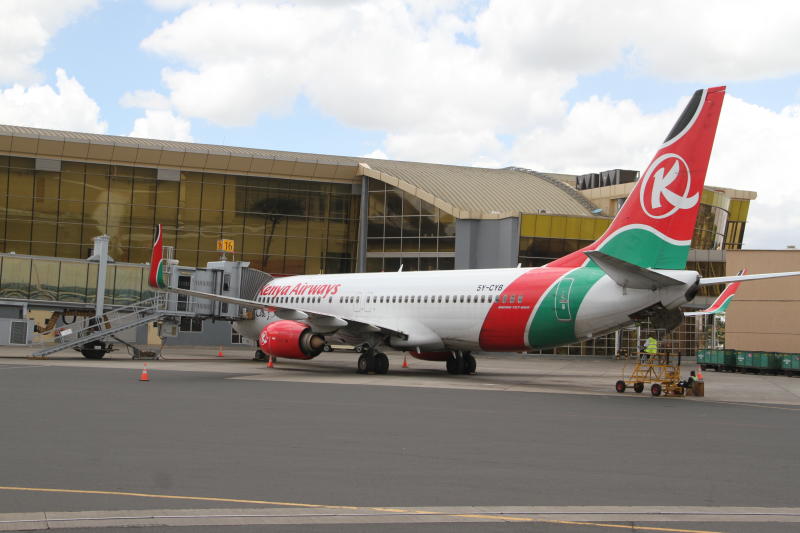×
The Standard e-Paper
Kenya's Bold Newspaper

Kenya Airways (KQ) pilots have spoken of unfinished business even as the national carrier prepares to de-list from the Nairobi Securities Exchange and become a State corporation.
On Friday, a Bill that would pave the way for the nationalisation was tabled in the National Assembly, with the minority shares held by banks expected to be converted into long-term Treasury Bonds.